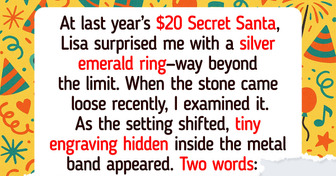You both need to forgive each other. You staying away and keeping silent was just as stressful to her as knowing the reason why. Would she had worried? Yes but at least she would have understood better. She took you out of her will because she thought you didn't care. That was your doing. How can you be mad at her for that? You both need to learn forgiveness.
My Mom Refused to Leave Me Any Inheritance, So I Turned the Tables on Her
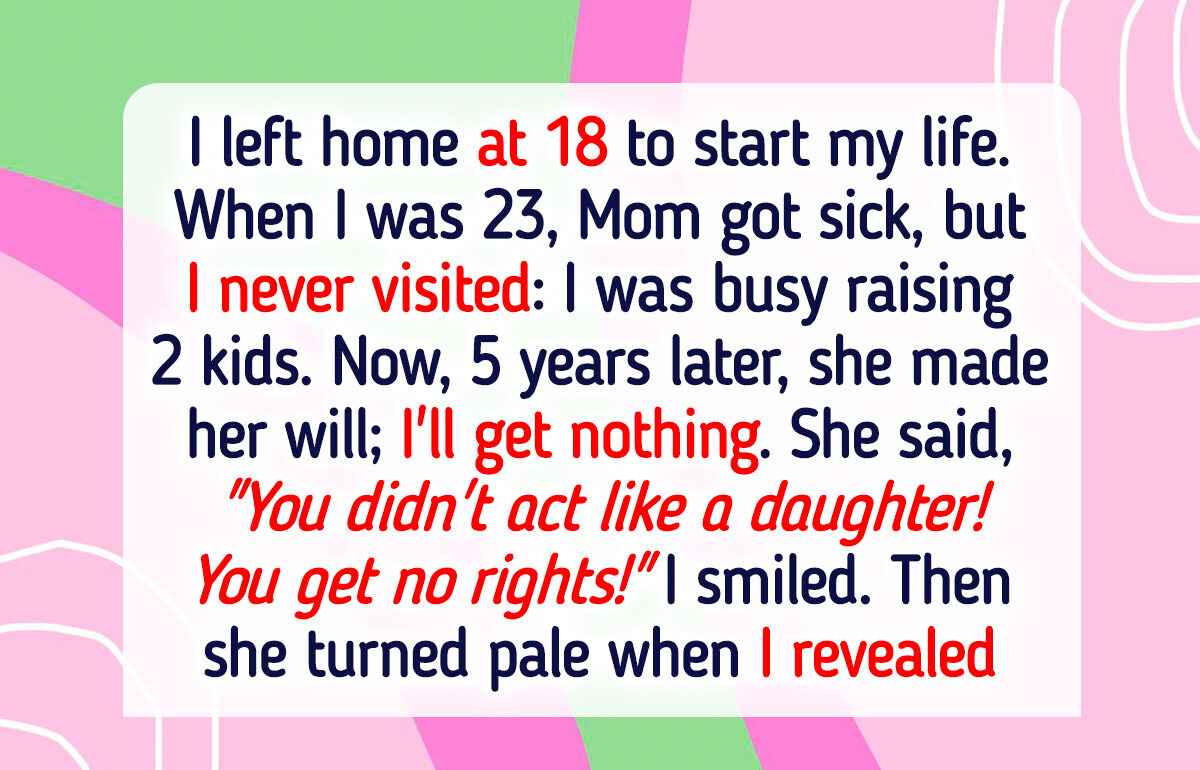
Money and family don’t always mix well, and when emotions run high, disputes over inheritance can leave lasting scars. Feelings of fairness, loyalty, and betrayal often surface when a will is involved, sometimes changing relationships forever. Recently, one of our readers sent us a letter about facing this very situation and how it completely shifted the dynamic with her mother.
Melisa’s letter:
Dear Bright Side,
Here is my story...
I left home at 18 to start my life. I went to college in another state.
When I was 23, Mom got sick, but I never visited: I was busy raising 2 kids and facing my own struggles. Now, 5 years later, she made her will; I’ll get nothing. No house, no savings, not even a keepsake.
Mom said, “You didn’t act like a daughter! You never considered me as family. So, you have no rights!” I just smiled.
What she didn’t know is that I stayed away from her to protect her. I am not the bad daughter she thinks I am. So, I finally told her the truth...
She turned pale when I revealed that I was critically ill at the same time she was. I was diagnosed with a serious disease at 23, just 8 days before she fell sick. With 2 children under 3 and a fragile health condition, I could barely manage life, unsure if I would survive.
I was undergoing treatment and in no condition to travel. I feared that if she knew I was also sick, the stress might worsen her illness. So I stayed silent.
Now, 5 years later, my health has stabilized, and Mom is recovering too. I finally visited her—only to be met with the shock of her announcement.
When she learned the truth, she broke down in tears, saying I should never have kept my illness from her.
Still, I don’t know if I can forgive her. Cutting me out of her legacy showed how quickly she judged me without giving me a chance to explain.
Am I being too harsh?
I’m not sure what our relationship will look like from here.
Yours,
Melisa

Thank you for sharing this deeply personal story, Melisa.
What you went through, fighting your own illness while raising two small children and protecting your mother from added stress, is something that few people would fully grasp. And now, after years of silence, you’re faced with both her regret and the sting of being cut out of her will.
Here is our advice to approach this delicate situation.
Redefine What the Inheritance Really Means.

- Situation: Being excluded from the will felt like proof that your mother judged you as undeserving.
- Advice: Instead of focusing on the money or property, consider reframing it: her decision wasn’t about wealth, it was about how she perceived your love and loyalty. You could decide that your real “inheritance” is your children, your health, and even the chance to explain your truth now.
- Why it Matters: This shifts the weight off finances and back onto what you’ve built despite illness and hardship, which no will can take away.
Turn the Reveal Into a Permanent Record.
- Situation: Your mother wept when she learned the truth, but her first written record, the will, still paints you as the absent daughter.
- Advice: Write your own account of what happened: not as a defense, but as a legacy letter. Share it with her, your children, and anyone else who may one day read her version of events.
- Why it Matters: It ensures that your side of the story isn’t erased and prevents her judgment from becoming the only “official” narrative left behind.
Use the Will as a Test of Repair, Not Just Punishment.
- Situation: She disinherited you, but then cried when she realized she was wrong.
- Advice: Instead of demanding her to rewrite the will, use this as a condition for testing how serious she is about rebuilding your bond. You could say, “If you believe me now, show it not just with words but with actions.”
- Why it Matters: This puts the burden on her to prove her change of heart, rather than you carrying all the emotional work of forgiveness.
Protect Yourself From Future “Quick Judgments”.
- Situation: Her reaction showed how fast she made a life-altering judgment about you.
- Advice: Before fully reopening the relationship, quietly prepare yourself for the fact that she might judge or misunderstand again. Build emotional safeguards: whether that’s counseling, leaning on trusted relatives, or keeping certain parts of your life private.
- Why it Matters: It ensures that reconciliation, if it happens, doesn’t leave you vulnerable to being cut down so quickly again.
Speaking of inheritance, here’s another story from one of our readers who chose not to share her grandfather’s inheritance with her sister. Do you think her reason is justified?
Comments
wow
Related Reads
I Refuse to Give My Parents a Home After They Left Me Homeless at 18
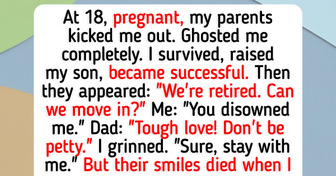
15 Stories That Prove Quiet Kindness Can Heal What the World Breaks
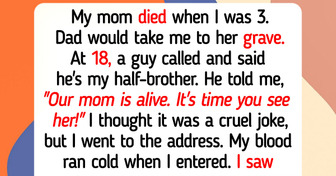
16 Stories That Show Kindness Is a Safe Refuge in the Middle of the World’s Chaos

13 Stories That Show the Softest People Have the Strongest Hearts

15 Moments That Inspire Us to Stay Kind Even If the World Forgets How
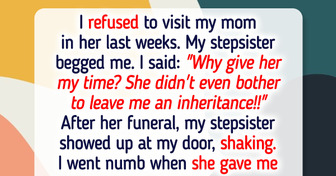
My DIL Refuses to Let Me Babysit My Grandson, She Wasn’t Ready for My Payback
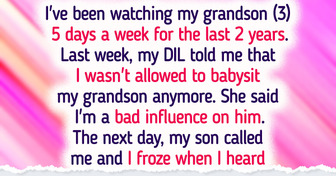
I Refuse to Sacrifice My Retirement Dream for My Unemployed Son
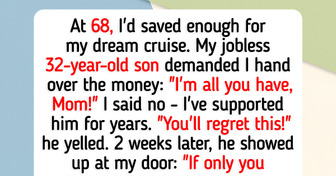
11 Moments That Prove Kindness Is the Warmth the World Needs
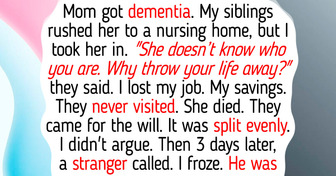
17 Moments That Prove Even Small Kindness Can Be Powerful

I Bought a Lavish Secret Santa Gift and Received a Cheap, Insulting One in Return

My DIL Refused to Let Me See My Grandchildren, Until My Son Stepped In
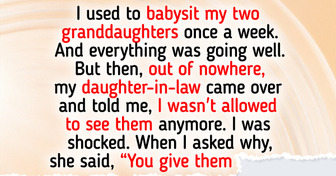
13 Coworkers From Hell Who Took Workplace Drama to New Levels
